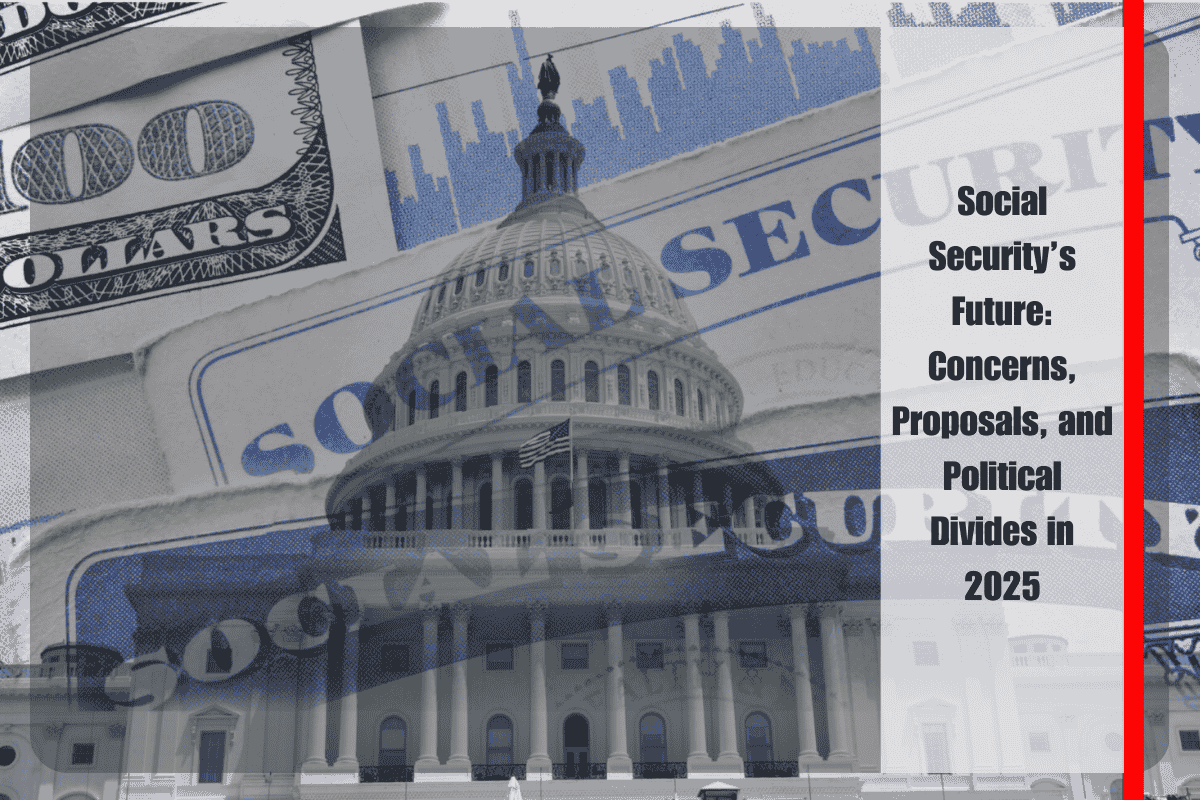Social Security is a vital program designed to provide financial support to individuals in the United States, offering more than just retirement income. It stands as one of the largest financial commitments made by the U.S. government. The system works on a “do-your-part” concept where taxpayers contribute a portion of their earnings through FICA taxes (7.65% from both the employee and employer). In return, they receive monthly benefits when they retire, with the amount based on their earnings history.
However, a common misconception about Social Security is that non-citizens can receive unearned benefits. In reality, the process for claiming benefits is complex, and even individuals who fraudulently work using fake documents cannot deceive the system.
The Myth About Congress and Social Security
One persistent myth surrounding Social Security is that members of Congress do not pay into Social Security. Many believe that these representatives are exempt from the system. However, this is not true. FactCheck.org clarifies that members of Congress do, in fact, pay into Social Security, just like any other employee. They are also eligible to receive benefits once they retire.
The idea that Congress members are exempt from Social Security comes from the past when Congressional representatives were not required to pay into the system. Before 1984, federal employees, including Congress members, participated in a different pension program called the Civil Service Retirement System (CSRS). This system did not involve paying FICA taxes, meaning members were not building Social Security credits.
The Transition to Social Security in 1984
In 1984, legislation changed, and federal employees, including members of Congress, were required to pay into Social Security. Before this change, federal workers who joined before 1984 were not contributing to Social Security. This created a situation where these individuals could have been exempt from the system. However, the Social Security Administration (SSA) gave these employees a choice: they could either continue with their original pension system or switch to Social Security.
By 1984, all new Congressional members had to pay into Social Security, regardless of when they entered office. The nine members still serving who entered Congress before 1984 could opt to remain in the original pension plan but chose to participate in Social Security.
Social Security Coverage for All Employees Today
Since 1984, all U.S. employees, including Congressional representatives, contribute to Social Security. This means that today, members of Congress, who earn a base salary of $174,000 annually, are subject to FICA taxes. However, for earnings above the Social Security tax cap, which is $160,200 for 2024, no further taxes are collected. This leaves a small portion of their salary untaxed for Social Security purposes.
Interestingly, as of 2025, the Social Security tax cap will rise above the $174,000 salary threshold, meaning Congressional salaries will be fully taxed for Social Security contributions. This change will impact future retirement benefits for Congress members. Based on estimates, someone who spends 30 years in Congress could receive about $4,000 per month in Social Security benefits when they retire at the full retirement age, which totals roughly $48,000 annually.
The Reality of Social Security as Retirement Income
Social Security was not designed to replace an individual’s entire income in retirement. Instead, it provides a safety net for those who have faced limited economic opportunity throughout their working lives. For higher earners, Social Security only replaces a small percentage of their income, with average earners receiving around 40% of their pre-retirement earnings. On the other hand, individuals in lower income brackets may receive a higher percentage replacement rate, up to 78.9%.
For most people, including Congress members, Social Security should not be relied upon as the primary source of retirement income. Instead, it is essential to save for retirement independently, using tools like personal savings accounts, to maintain one’s lifestyle in retirement.
While there are many myths and misconceptions surrounding Social Security, it is important to understand the facts. Congress members, like other U.S. employees, do contribute to Social Security, and their participation in the system has evolved over time. Social Security remains a crucial part of the retirement planning puzzle, but it is not enough to rely solely on it for retirement income. Saving independently for retirement is essential for all Americans, including those in the legislative branch.












